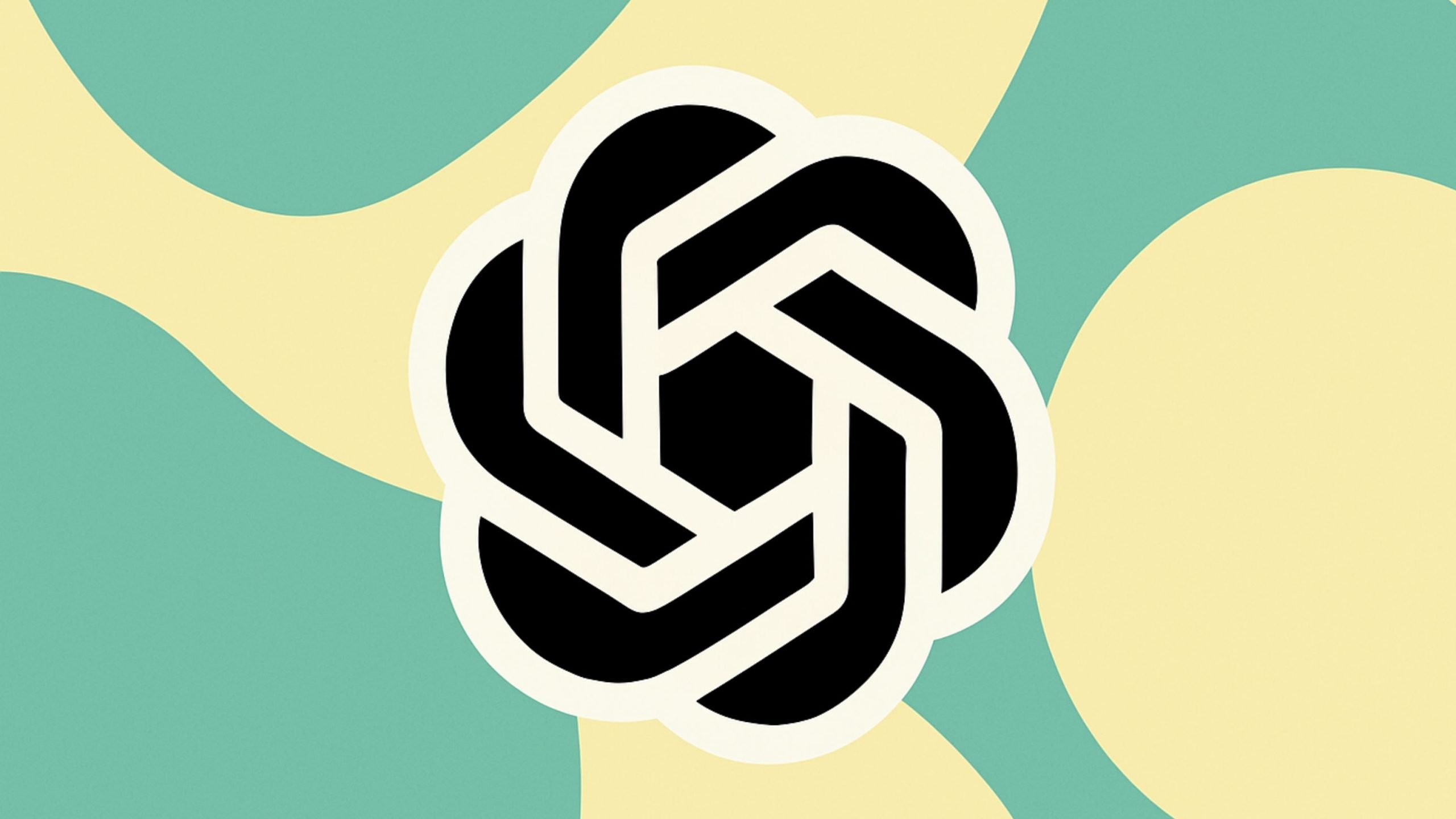OpenAI Is Ordered to Save Every ChatGPT Chat — Even the Ones You Delete

A federal court order requiring OpenAI to retain all ChatGPT conversations, including those users have deleted, should strong concern among privacy advocates and added pressure to a growing legal battle over the use of copyrighted material in AI systems.
On May 13, US Magistrate Judge Ona T. Wang directed OpenAI to “preserve and segregate all output log data that would otherwise be deleted on a going-forward basis until further order of the Court.” Although the order was issued several weeks ago, it only came to wider attention this week as OpenAI began taking formal steps to challenge it.
The ruling stems from multiple lawsuits filed by media organizations, including The New York Times, that accuse OpenAI of unlawfully using their copyrighted content to train and operate ChatGPT.
In response, OpenAI submitted a filing urging US District Judge Sidney H. Stein to overturn what it described as a “sweeping, unprecedented order.”
The company argued that the directive forces it to ignore user choices about data deletion, jeopardizing the privacy of millions. OpenAI also pointed to a statement from The New York Times editorial board asserting that Americans “should be able to control what happens to their personal data.”
The company stressed that ChatGPT is frequently used for highly personal matters such as financial planning, business advice, and sensitive relationship questions. Storing every prompt, including those users intended to erase, would risk exposing private information and contradict OpenAI’s privacy policies.
“The New York Times and other plaintiffs have made a sweeping and unnecessary demand in their baseless lawsuit against us: retain consumer ChatGPT and API customer data indefinitely,” Brad Lightcap, OpenAI’s Chief Operating Officer said in a statement. “This fundamentally conflicts with the privacy commitments we have made to our users. It abandons long-standing privacy norms and weakens privacy protections.”
Judge Wang denied OpenAI’s motion to lift the order on May 29, assuring the company during proceedings that user data would not be made publicly available. Nonetheless, the decision has left many uneasy about how user information will be handled going forward.
The media organizations pressing the case insist that preserving all user conversations is essential. They believe the data may show that ChatGPT was used to summarize paywalled articles or reproduce copyrighted material. OpenAI has pushed back, arguing that no meaningful evidence has been presented to support those claims and that the plaintiffs’ assertions are speculative.
In its court filings, OpenAI noted that the plaintiffs have not demonstrated why deleted data would be more relevant than the data the company already keeps. The company also warned that complying with the court’s directive would impose major technical and legal burdens, possibly requiring a fundamental redesign of its infrastructure and policies.
OpenAI said the requirement would create a “substantial burden” on its operations and could compel the company to act against its own privacy commitments.
If the court does not reverse course, ChatGPT users may have to assume that every interaction is now being saved permanently.